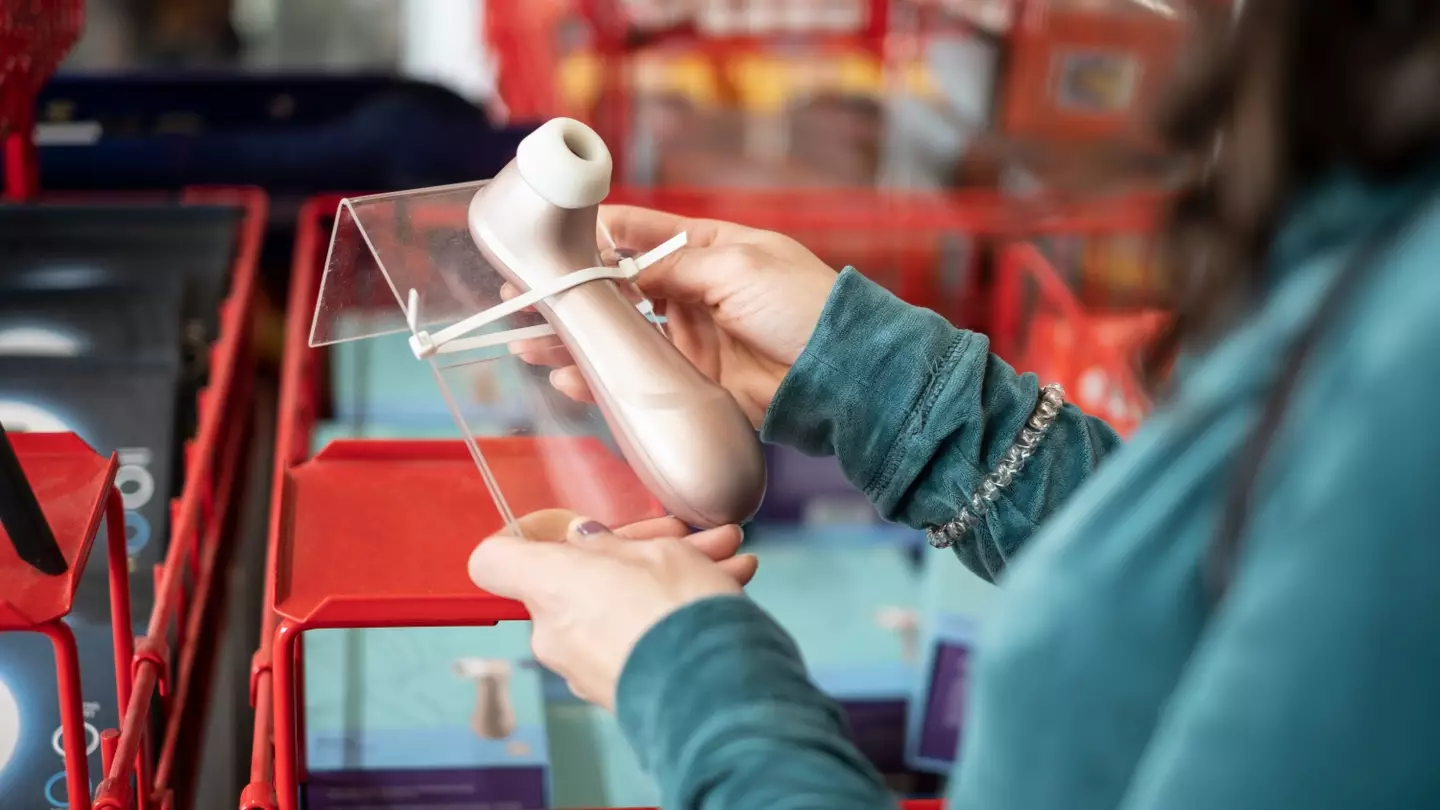
It's no secret that sex toy use is on the rise, with the worldwide industry being worth more than a huge $15 billion a year.
One study found that more than half of women in the United States have used a vibrator and many people are incorporating the products into their self-care routines, viewing them as a way to relieve stress.
Experts think the big increase is driven by changing societal attitudes to subjects that were formerly considered 'taboo,' like of course, X-rated products, as well as the public being increasingly interested in sexual wellness.
There has been such a shift that even celebrities like Harry Styles have entered the market, and earlier this year the singer's brand Pleasing dropped a double-sided vibrator and a very fancy looking bottle of lube.
Advert
But what actually happens to your body when you use, and stop using, sex toys?
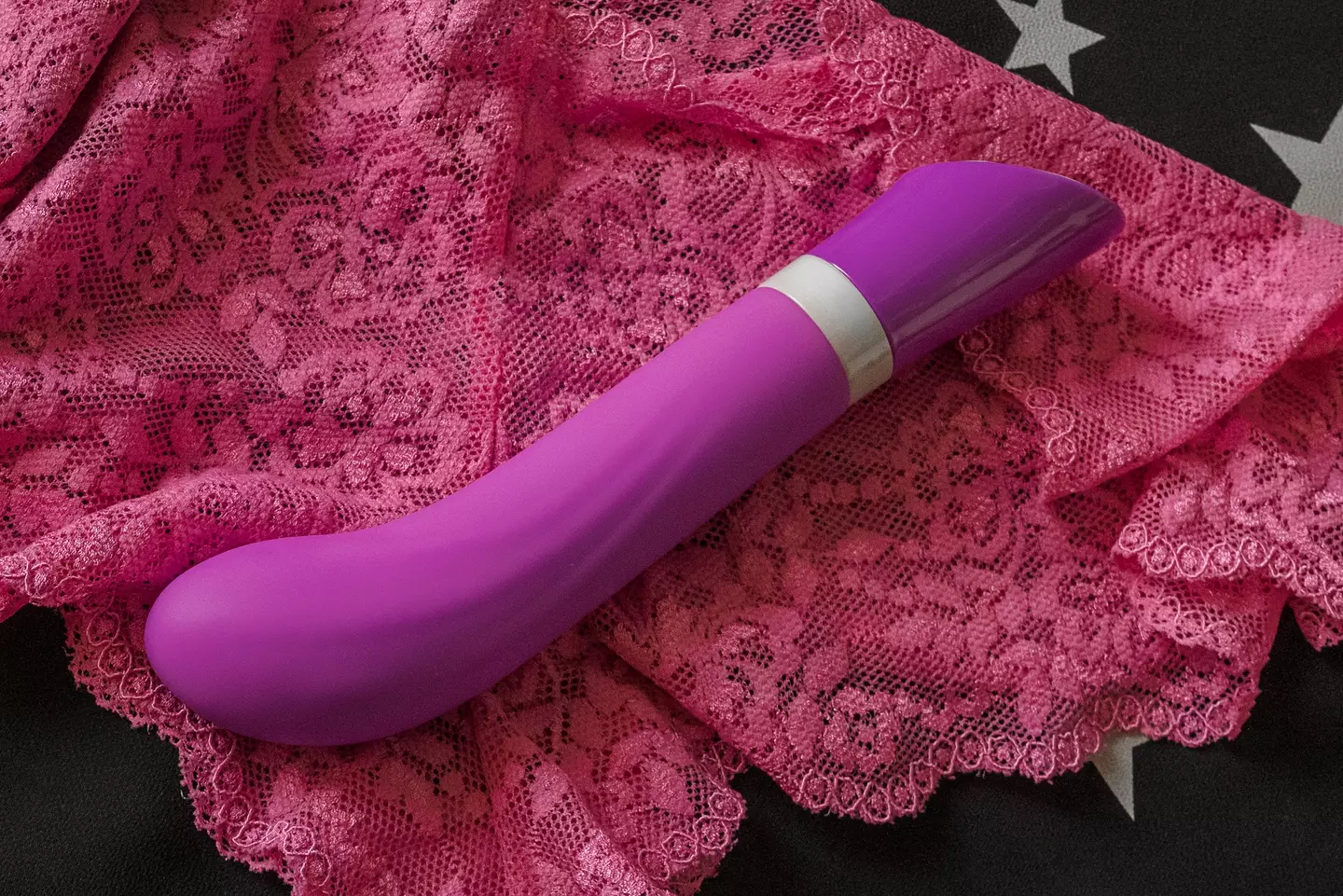
Sex toys, debunked
One longstanding rumour is centred around women and suggests that too much time with a sex toy can actually desensitise your clitoris, meaning that when you stop using it, you become less sensitive to stimulation.
However, according to Healthline and professional sexologist Jill McDevitt, PhD, this is simply not true.
The expert explained: "Society feels and teaches women to feel uncomfortable with the idea of women experiencing pleasure for the sake of pleasure and getting themselves off.
"Folks with vulvas are told that a vibrator will ‘ruin’ them for partnered sex and that they’ll be unable to orgasm in any other way."
And another professional Dr Carolyn DeLucia an obstetrics and gynaecology expert, agreed, telling the publication: “It’s a complete myth that you can desensitise your vagina or clitoris from using a vibrator.
"There should be no problem or numbness from vibrators that operate at a really high vibrator pattern or intensity."
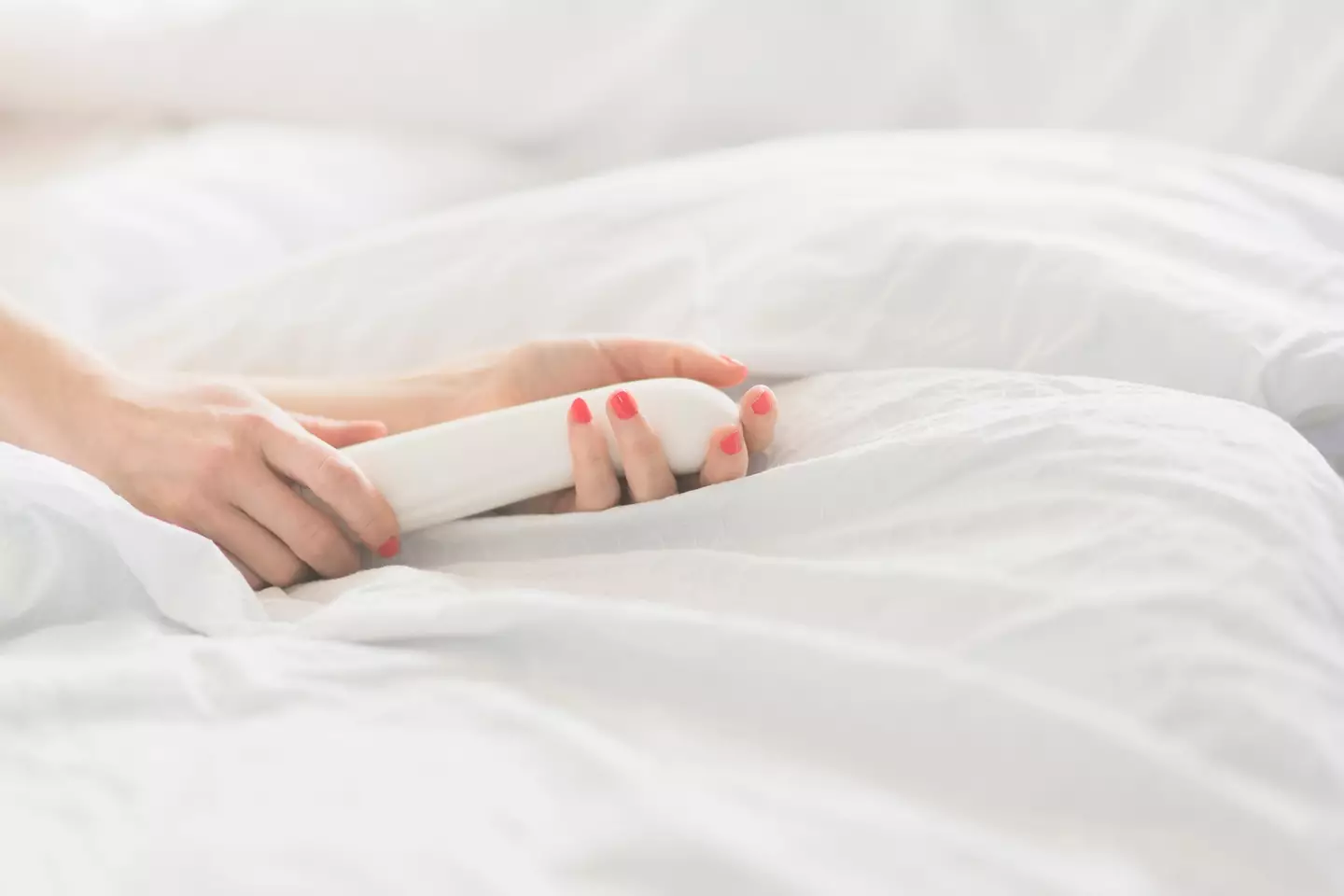
The science-y bit
A study published in The Journal of Sexual Medicine also clarified that vibrators don’t have a numbing effect.
Additionally, another study published by the National Library of Medicine dived deep into the real risks of sex toys - and clitoral desensitisation didn’t even make the list.
Instead, researchers focused on what’s actually worth paying attention to: the materials sex toys are made from and what happens when they’re used over time.
Many sex toys are made with plastics that can break down over time, releasing microplastics and even potentially harmful chemicals called phthalates.
These are the same chemicals banned from children’s toys in the US and EU because of potential links to hormone disruption and reproductive issues.
The researchers found that, shockingly, some products labelled as 'body-safe' were still found to contain phthalates at levels well above safety thresholds.
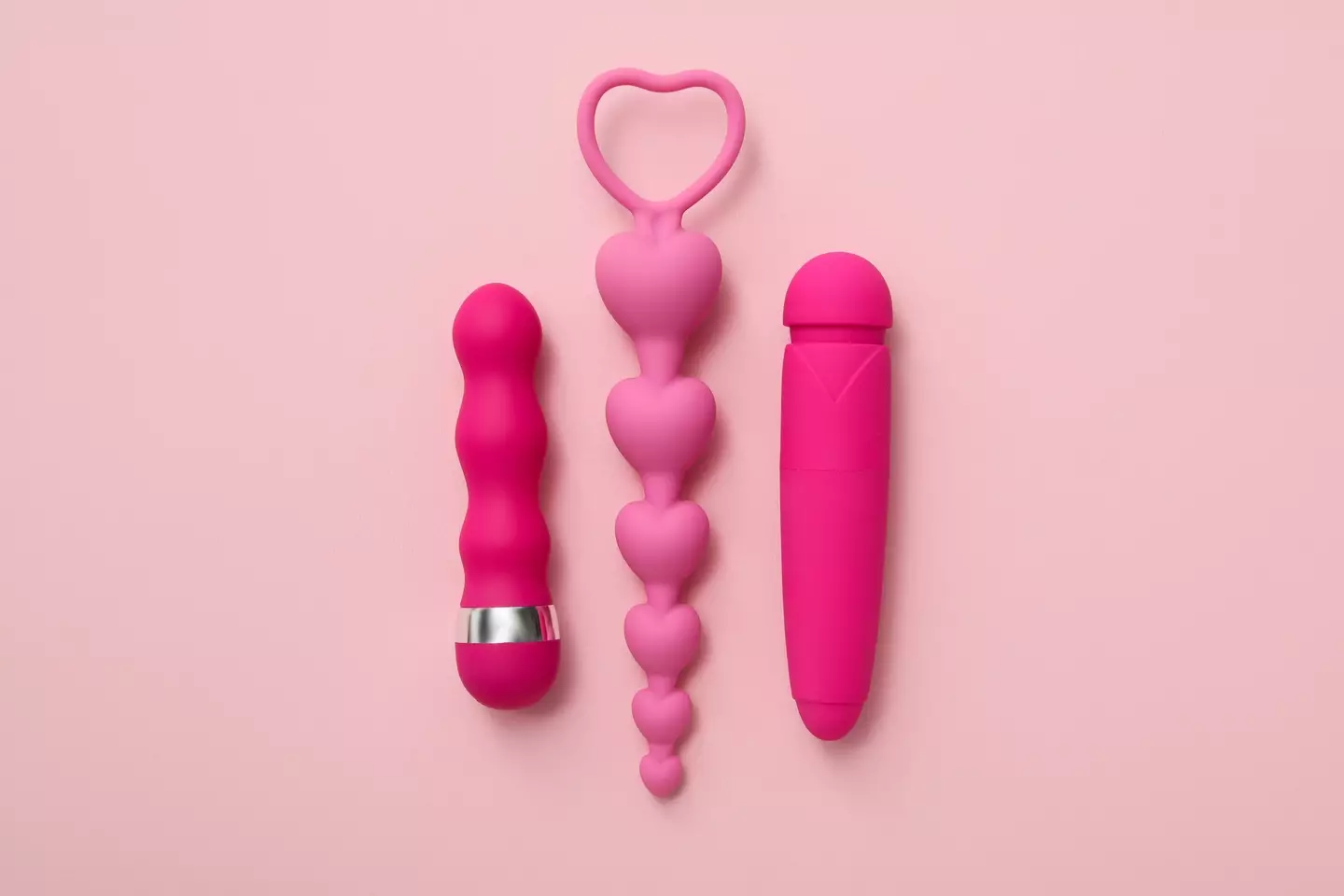
Sex toy risks
Another thing to keep in mind is that sex toy safety isn’t well-regulated.
Unlike products for babies or even kitchenware, sex toys don’t face strict safety checks before hitting the market. Some brands get around regulation entirely by slapping labels like 'for novelty use only' on packaging - even though they’re clearly designed for sexual use.
So, no, your vibrator won’t desensitise your clitoris, but it’s worth investing in high-quality toys made from medical-grade silicone or other non-porous, phthalate-free materials and, if a brand isn’t transparent about what’s in their products, that’s a pretty major red flag.
Also, while we're on the subject, it's important to remember that sex toys can transmit STIs if shared or improperly cleaned.
Proper cleaning, condom use, and avoiding porous materials help minimise risk.
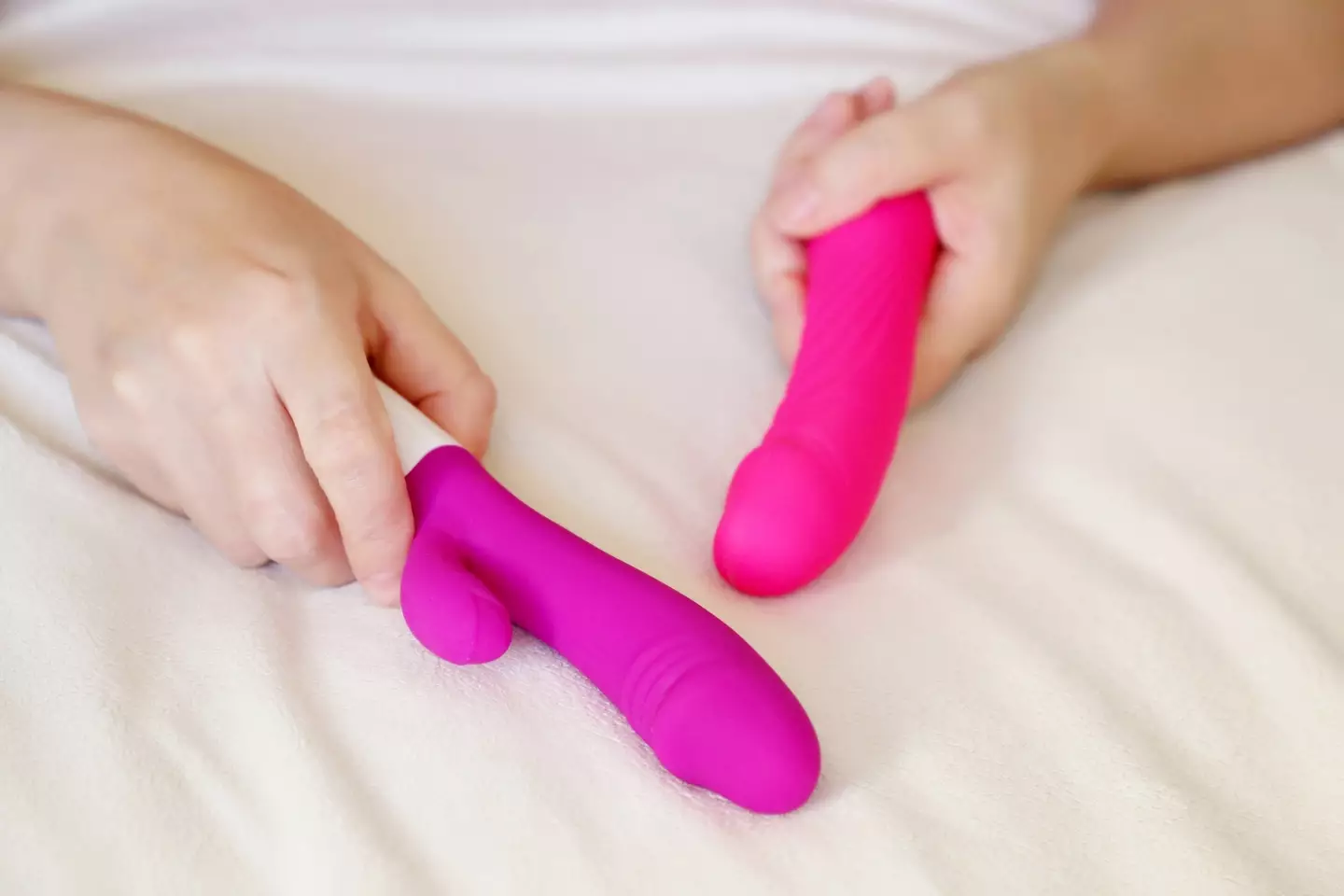
Sex toy benefits
At the end of the day, sex toys, especially vibrators, can be valuable tools for improving women’s sexual health and satisfaction with benefits including: strengthened pelvic floor muscles, pain relief for menstrual cramps, stress and anxiety relief, better sleep, increased blood flow, hormonal balance, and better management of menopausal symptoms.
Dr Stephanie de Giorgio, a GP with a special interest in women's health, has actually recommended the use of sex toys for certain health issues.
"One unexpected benefit of sex toy use, seen in a study of menopausal women, was an improvement in sleep and overnight menopausal sweating", she told Patient. "There is also some evidence that the use of slim internal vibrators with plenty of good-quality vaginal lubricant can help to increase blood flow to the vaginal area, improving the symptoms of some vaginal conditions."
The expert added: "Some research suggests that women prefer to use slim vaginal vibrators rather than the more clinical dilators that are often prescribed. This can complement other treatments that may be recommended, such as local anaesthetic gels, medication and psychological therapies."
And the benefits don't just stop at your physical or mental health, as they can also be great for your relationship, as they help open up a dialogue about sex and what each partner enjoys as individuals and together.
"It may be something that they haven't tried before due to embarrassment or fear of purchasing items, but expert advice is available," Dr Giorgio said. "And they may find that their sex lives benefit from this new openness."
Likewise, a 2024 study published in the National Library of Medicine titled The Role of Vibrators in Women’s Pelvic Health: An Alluring Tool to Improve Physical, Sexual, and Mental Health concluded that regular vibrator use was associated with improved sexual health, reduced pelvic and genitourinary symptoms, and positively impacted mental health and quality of life in women.
The bottom line
While myths like vibrator dependency are unfounded, safety and hygiene are essential.
So, all good to hold on to your favourite toy – just maybe give its ingredients list the same scrutiny you’d give to your skincare products.
Topics: Health, Women's Health, Life, Sex and Relationships, Explained